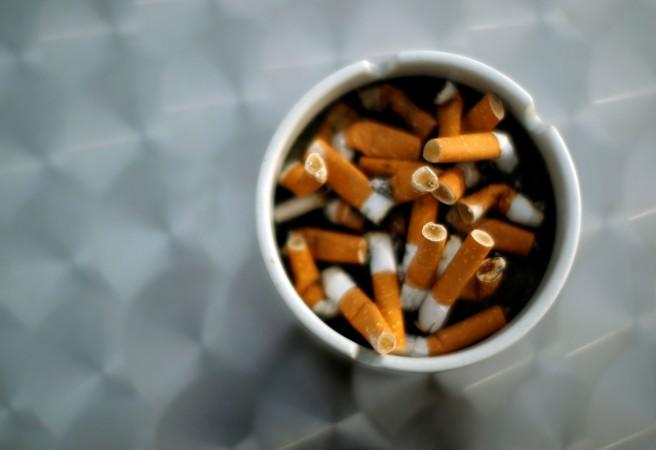
Passive smokers are at a greater risk of heart ailments and lung cancer, according to a study conducted by the Icahn School of Medicine at Mount Sinai in New York City. The study got published in the journal called Carcinogenesis on September 26, 2016.
The research mainly focuses on finding a precise way to calculate the exposure of second-hand smoking instead of making patients fill in questionnaires.
"A crucial finding of this study is that nonsmokers are exposed to secondhand smoke without even realising it," said Dr. Raja Flores, the lead researcher and chairperson of thoracic surgery at the Icahn School of Medicine.
More than 20,000 non-smokers were a part of this study; the researchers calculated the blood levels of cotinine as an indicator for exposure to second-hand smoking. Cotinine is a byproduct of nicotine.
A noteworthy rise in the years of life lost was observed by the researchers. The highest levels of cotinine were associated with 7.5 years of life lost, while the lowest levels were associated with 6.5 years of life lost. The spiked cotinine levels also make one prone to all types of cancers, including lung cancer and cardiovascular diseases (CVD). The researchers couldn't establish any cause and effect relationship with the findings.
"Questionnaires show that responders do not know they were exposed to smoke, but cotinine blood levels are more accurate in determining their exposure and subsequent risk of lung cancer and other smoking-related disease," Flores stated in a school news release.
Apart from revealing about reduction in life expectancy, the study emphasised on stricter smoking restrictions and preventive measures to people who have been exposed to second-hand smoke.
"Using cotinine level to measure exposure to secondhand smoke has important public health implications, because increasing the scope of smoke-free environments would likely decrease cotinine levels in the general population, and ultimately death," said Dr Emanuela Taioli, the director of the Institute for Translation Epidemiology at Mount Sinai.
"Exposure to secondhand smoke is unequally distributed in the population. Children, non-Hispanic blacks, people living in poverty and those who rent their housing are disproportionally affected and most vulnerable," Taioli added.










